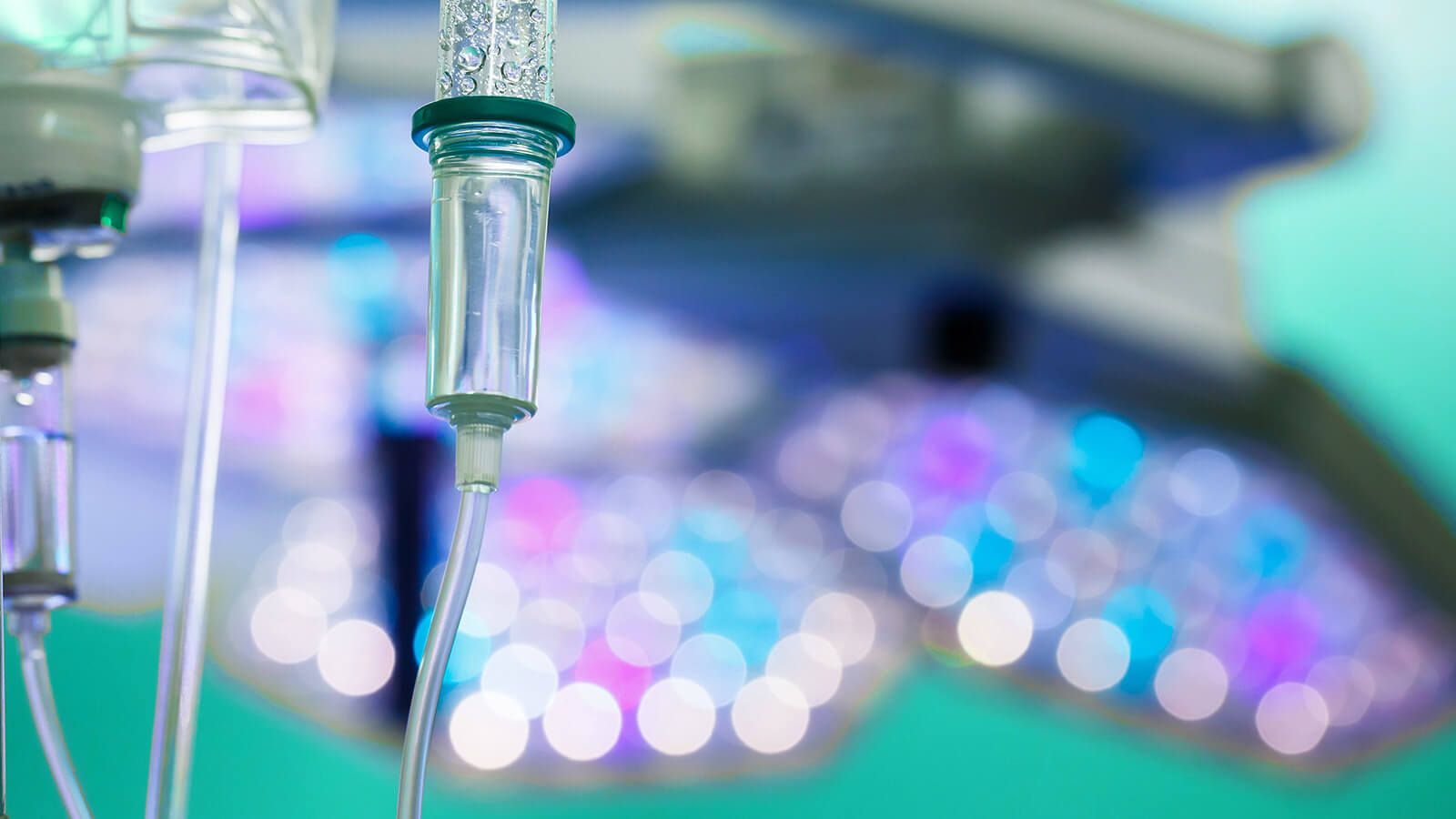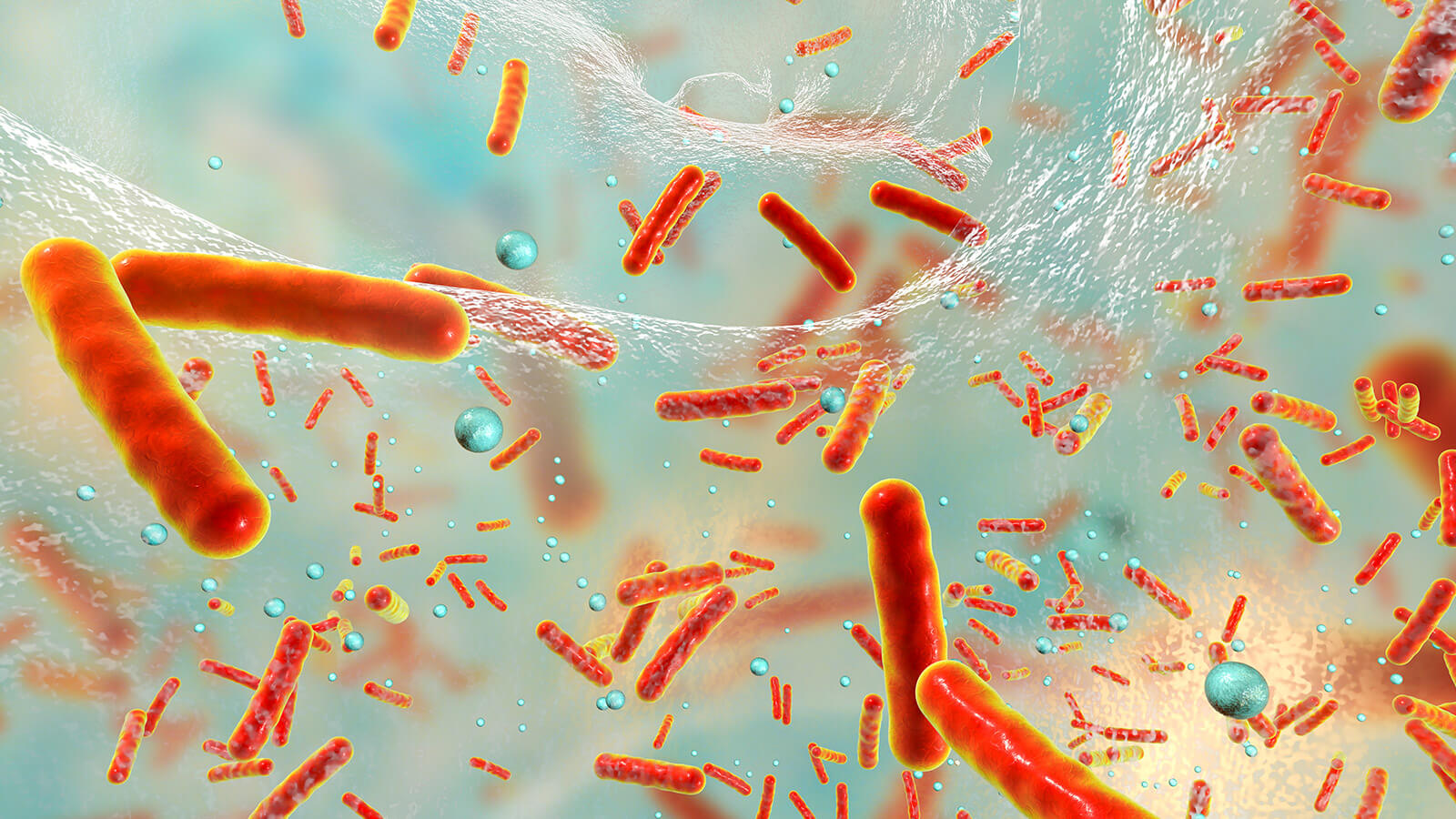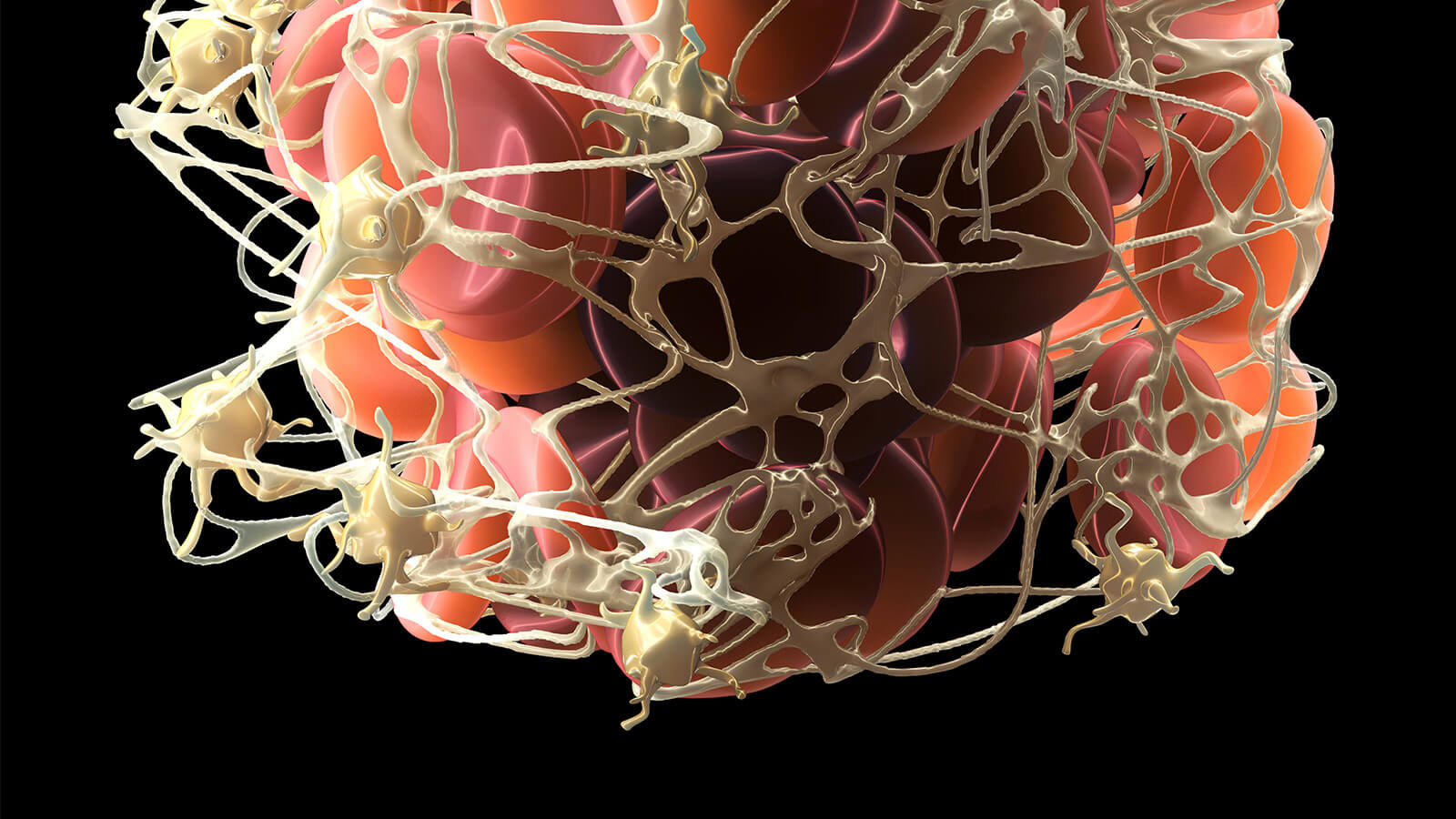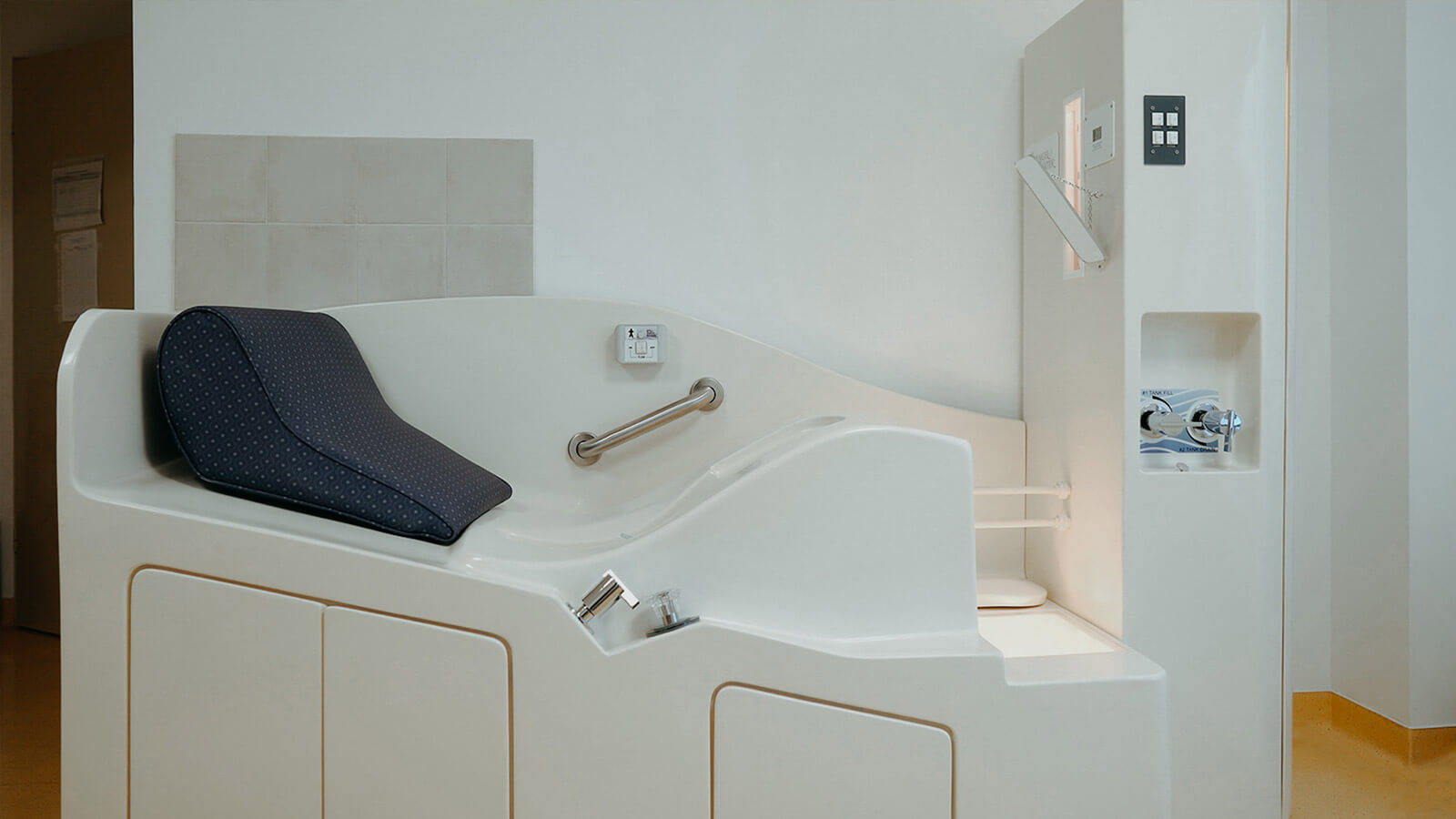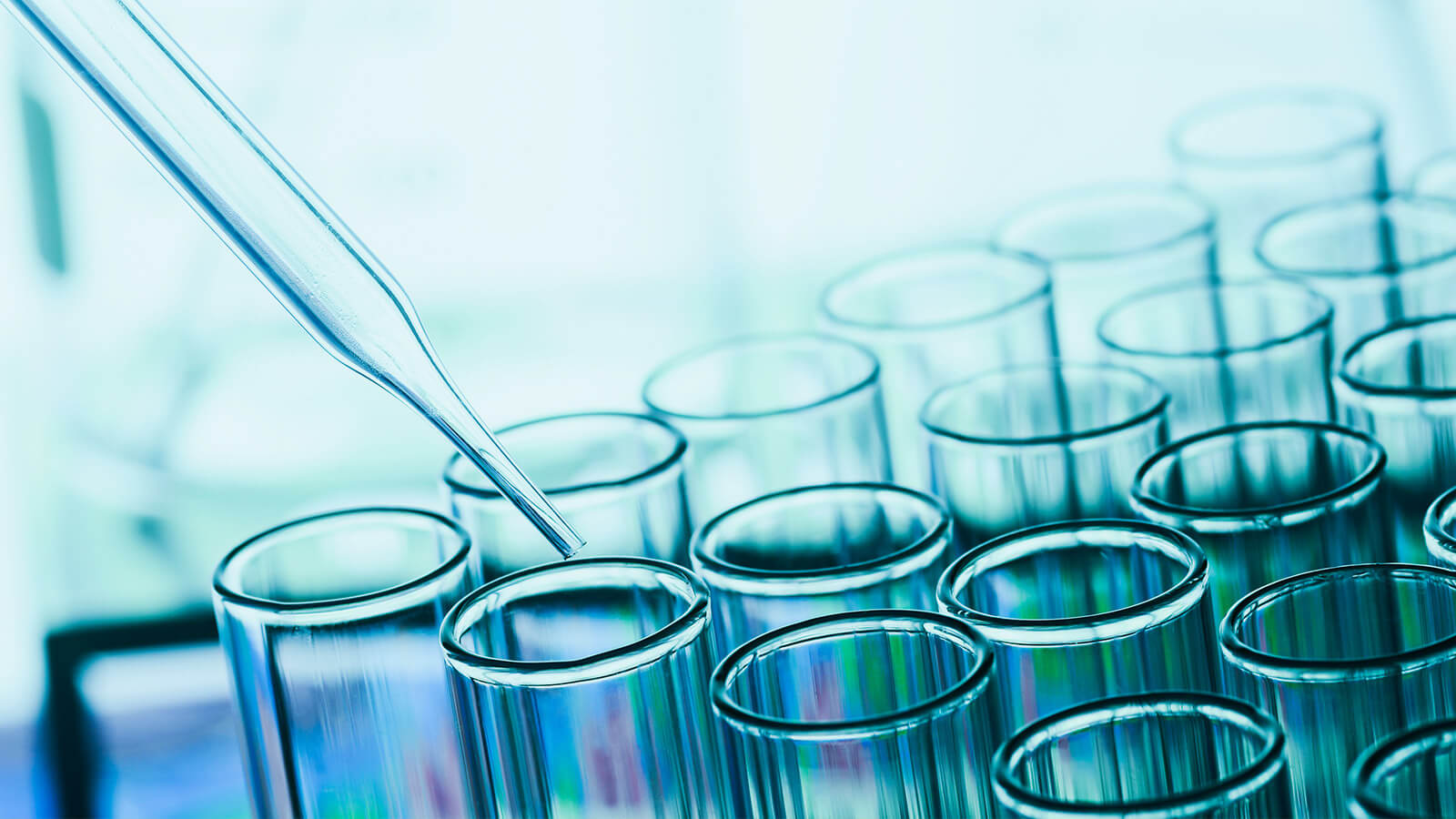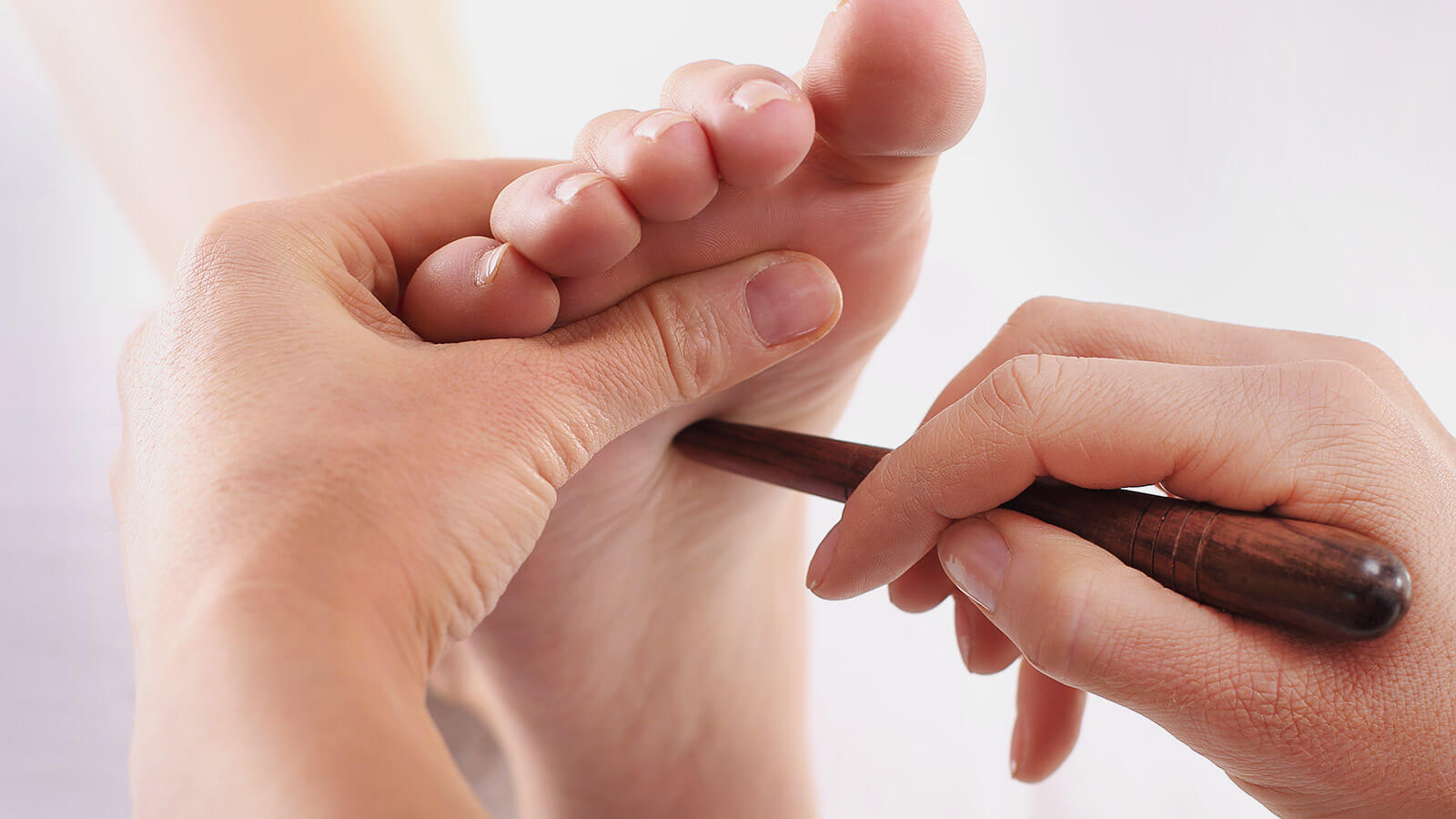
Vitamin C in Lyme disease
Vitamin C's antimicrobial, bactericidal, antiviral, antiparasitic, and antifungal effect is based on various molecular mechanisms, mainly its antioxidant and immunomodulatory potential. All of these make it highly effective for supportive treatments for Lyme disease. The 10- to 100-fold higher concentration of vitamin C in leukocytes relative to plasma is the best evidence of the crucial role vitamin C plays in a host of immune cell functions, such as proliferation and differentiation, beyond its potent anti-inflammatory effect.
Thus, vitamin C plays an essential regulatory role in the functioning of monocytes and macrophages, the innate immune system's first line of defense against invading pathogens. Vitamin C protects neutrophils against oxidative stress, improving cell motility in response to chemotactic stimuli. It also plays a vital role in the proliferation and function of B, T, and NK immune lymphocytes, so crucial in the fight against Lyme disease.
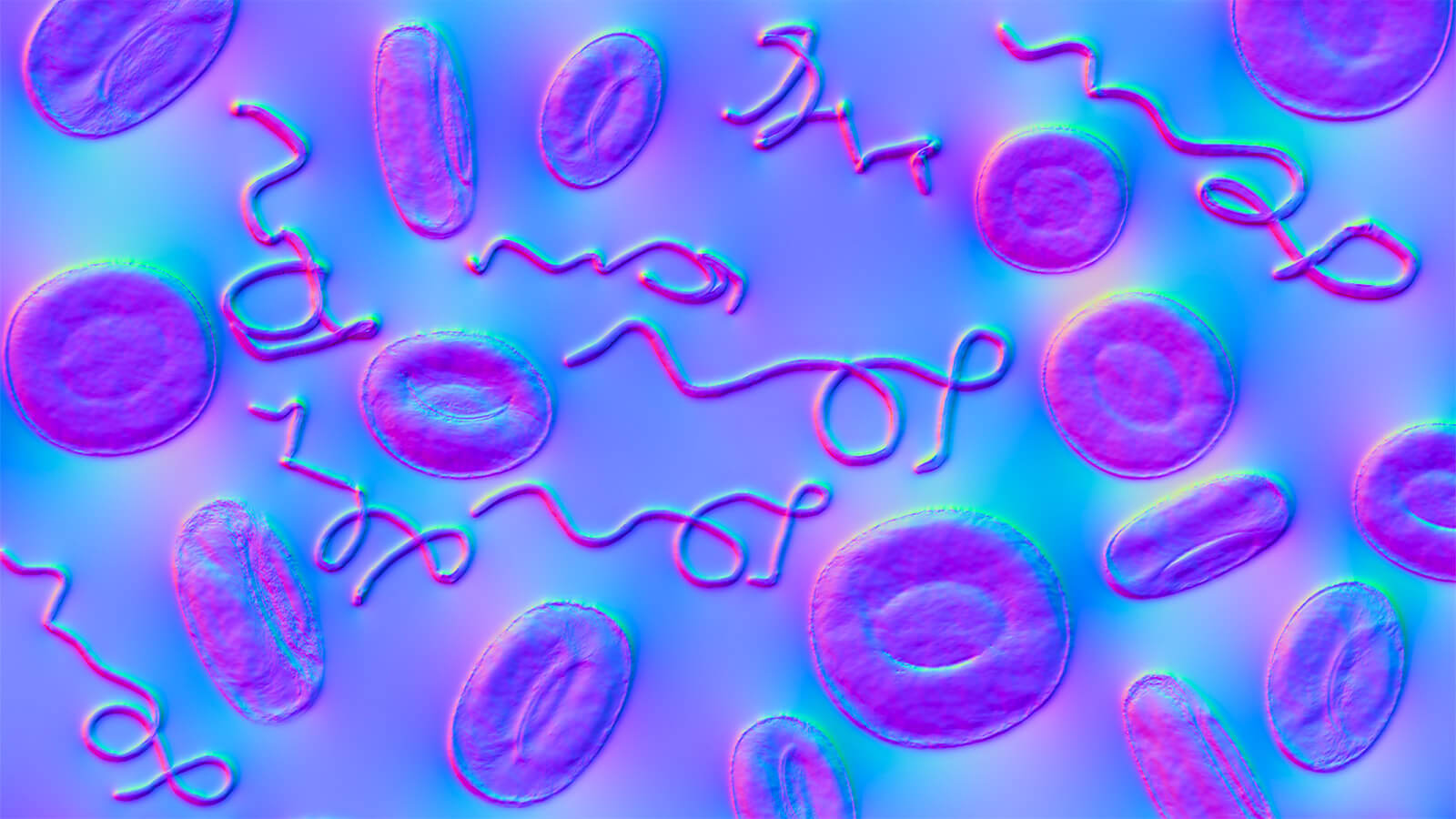
Since the late 1930s, vitamin C has proven effective in fighting bacterial infections. Studies have demonstrated its antimicrobial effects against bacteria such as Mycobacterium tuberculosis, the hemolytic streptococcus A group, Pseudomonas aeruginosa, Staphylococcus aureus, Enterococcus faecalis, Escherichia coli, Helicobacter pylori, Salmonella enterica, and Campylobacter jejuni,
Vitamin C has also proven effective in treating infections with gram-positive bacteria such as S. aureus and S. epidermidis, or gram-negative bacteria such as Klebsiella pneumoniae and Proteus mirabilis, in synergy with epigallocatechin gallate or quercetin.
The antimicrobial effects of vitamin C aren't limited to bacteria. Its immunomodulatory action has also proven effective against parasites, fungi such as candida, and especially viruses such as herpes simplex poliovirus and influenza.
Antiviral mechanisms
of ascorbic acid
Viral capsid damage
Disruption of the sugar fragment of the viral capsid
Inhibition of viral replication
Increases cellular immunity
Increases humoral immunity
Increases antiviral proteins
Increases cellular energy
Limits the use of glucose
Has an antioxidant action
Maintains the structural integrity of cells
Modulates gene expression
The therapeutic solutions we provide
Comprise a wide range of conventional, adjuvant and supportive therapies, which integrate medical concepts that have been built on a sturdy scientific basis and on the clinical experience of numerous Lyme disease specialists worldwide.
ImunoMedica patients have access to the latest diagnostic tools, technologies and innovations as well as to the latest and best treatments available, as soon as these are proven to be safe and effective.
How can you become a patient of our clinic?
Throughout the whole process, from your initial contact, through treatment and after you leave our clinic, our patient coordinators will guide you through the steps and support you with all their expertise, attention and kindness.
*
We are here to help you
Our patient coordinator will contact you soon
Phone: +40.771.518.946, e-mail: office@imuno-medica.ro

